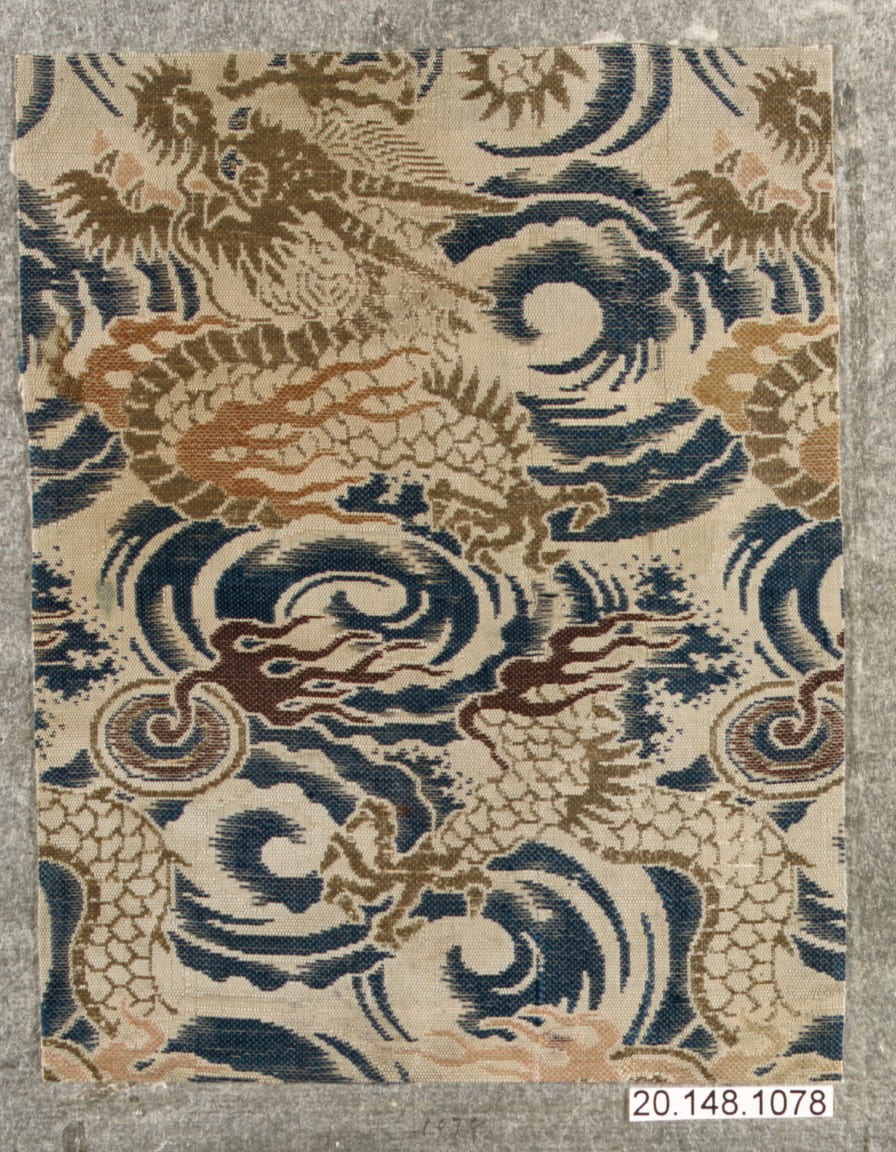Elisabeth Köll
William Payden Associate Professor of History, University of Notre Dame
“Building Railroads in early 20th-Century China: Land Acquisition, Constructions, and Management in the Context of Local Society”
Thursday, May 31st, 4:30PM-6:30PM
John Hope Franklin Room [SSR 224]
DIscussant: Matthew Lowenstein, PhD Student, Department of History, University of Chicago
Please join the East Asia: Transregional Histories Workshop in welcoming Professor Elisabeth Köll [University of Notre Dame] as she presents her paper titled “Building Railroads in early 20th-Century China: Land Acquisition, Constructions, and Management in the Context of Local Society.” Professor Köll has provided the following abstract:
China’s railroad development in the early 20th century was anchored in a semi-colonial context, framed by the political and economic motivations of foreign powers such as Great Britain, Germany, Belgium and the United States, presenting a complex political environment with challenges for the construction and management of a railroad system. As this paper will
show, the evolution of management structures, practices, and business strategies of Chinese railroad companies took shape within a business and political climate of semi-colonial intervention. One of the results was that Chinese railroads combined Western managerial styles with indigenous business practices in their institutional evolution. However, the Chinese were
hardly passive or reluctant recipients of the new technology. Based on select case studies, this paper demonstrates how the embrace of railroads by the local population was predominantly driven by a great deal of pragmatism, especially with regard to the issue of land sales.
Professor Köll’s Paper can be found in the post below.
As always, first-time attendees are welcome. Light refreshments and snacks will be served. If you have any questions or require assistance to attend, please contact Robert Burgos at rburgos@uchicago.edu or Spencer Stewart at sdstewart@uchicago.edu.
